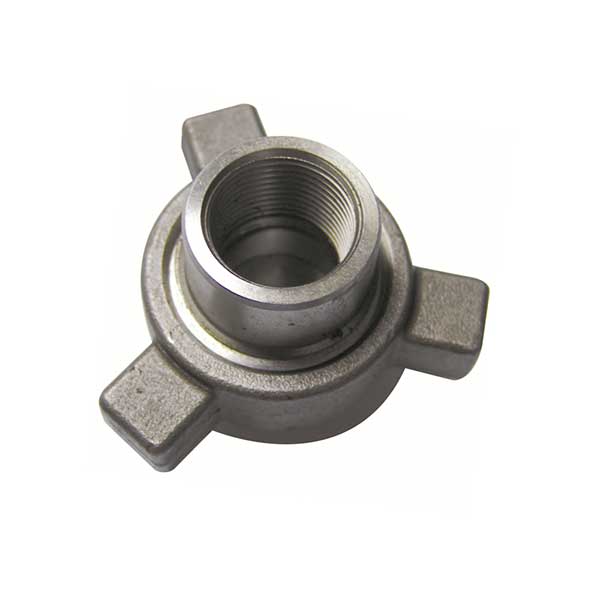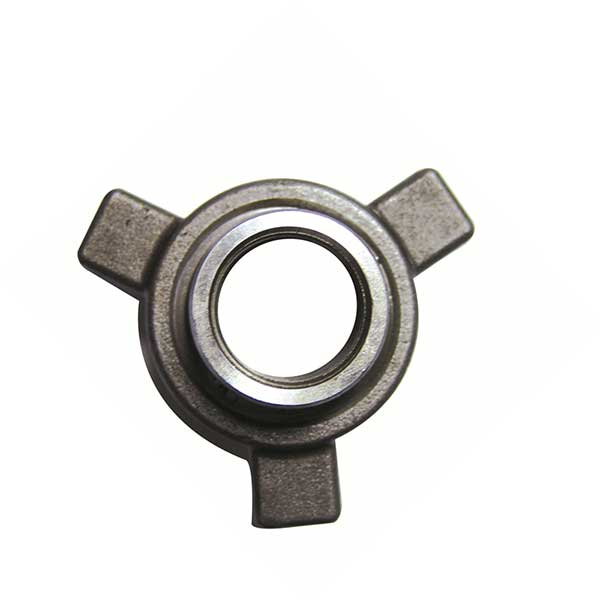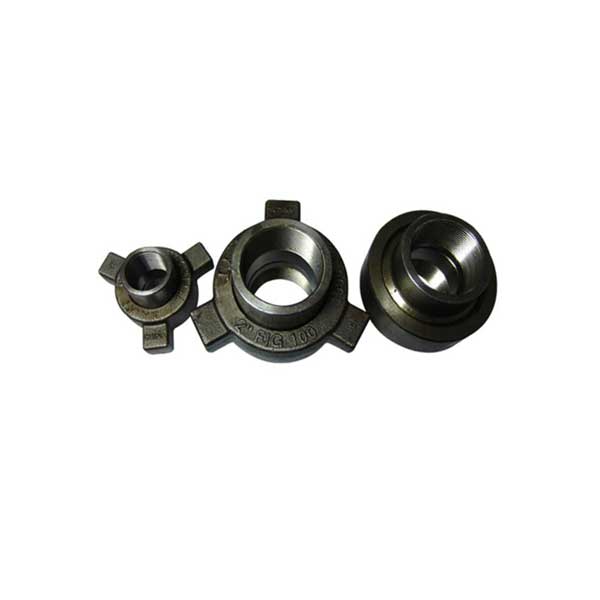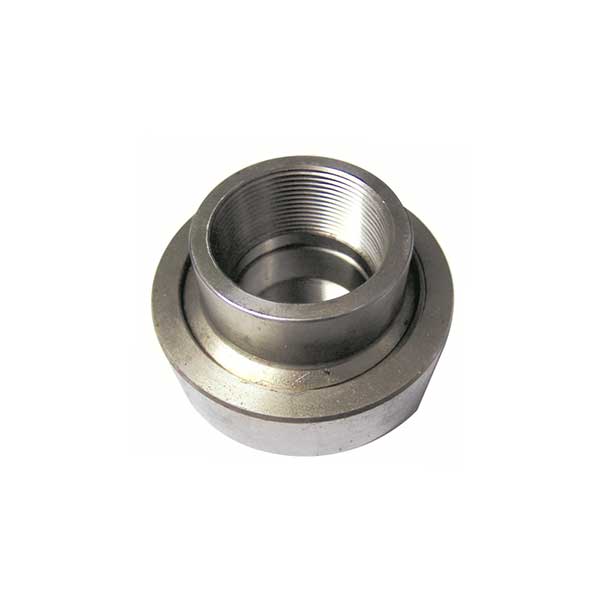When manufacturing forgings, in addition to the required shape and size, the performance requirements of the parts must be met. Forgings, including: strength index, plasticity index, impact toughness, fatigue toughness and resistance Stress corrosion performance requirements, high temperature working parts, High temperature transient tensile properties, long-lasting properties, creep resistance and thermal fatigue properties.
The performance of the forgings is in dependent dependent on their organization and structure (hereinafter referred to as the organization). Different materials, heat treatment of forgings, or forgings of different states of the same material have different properties, which are determined by their The structure of the metal is related to the chemical composition of the material, the smelting method, the pressure processing process and the process.
Between them, the pressure processing process has an important influence on the structure of the forgings, especially those materials that have no isomeric transformation during heating and cooling, forgings standards such as austenitic and ferritic heat-resistant stainless steel, Superalloys, aluminum alloys and magnesium The pressures of the correct control of thermodynamic process parameters during pressure processing to improve the structure of the forgings and improve their performance. The pressure processing method can also improve the surface condition of the part and establish the surface pre-compression stress to improve the Performance of the part.
Since forgings are used as a processing process, forging blanks have the advantages of extendable length, shrinkable length, and extendable cross section. How does heat treatment affect the forgings during the production process?
The influence of the forging structure on the microstructure and properties after the final heat treatment. Austenitic and ferritic heat-resistant stainless steel, high-temperature alloy, aluminum alloy, magnesium alloy, etc., during the heating and cooling process, there is no The association transformation of the material, As well as some copper alloys and titanium alloys, the structural defects generated during the forging process cannot be improved by heat treatment.
In the heating and cooling process, there are allogeneic transformation materials, such as structural steel and martensitic stainless steel. Due to some defects in the microstructure caused by improper forging process or some defects left by the raw materials, the quality of the forged parts after Heat treatment has Great impact.
Search
OFFICE HOURS:
Mon-Fri 8:30-17:30
Contact us
Tel:+86-379-65505200
Mob.: +86-18538887499
E-mail: sales@jhindustrial.cn
Address: Luolong Industrial District, Luoyang City, Henan Province, China, 471000




